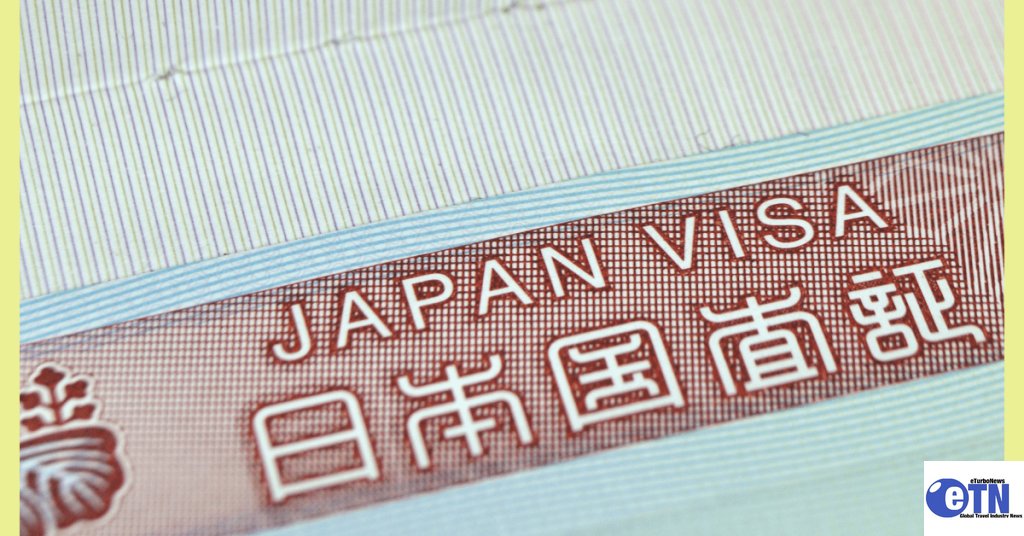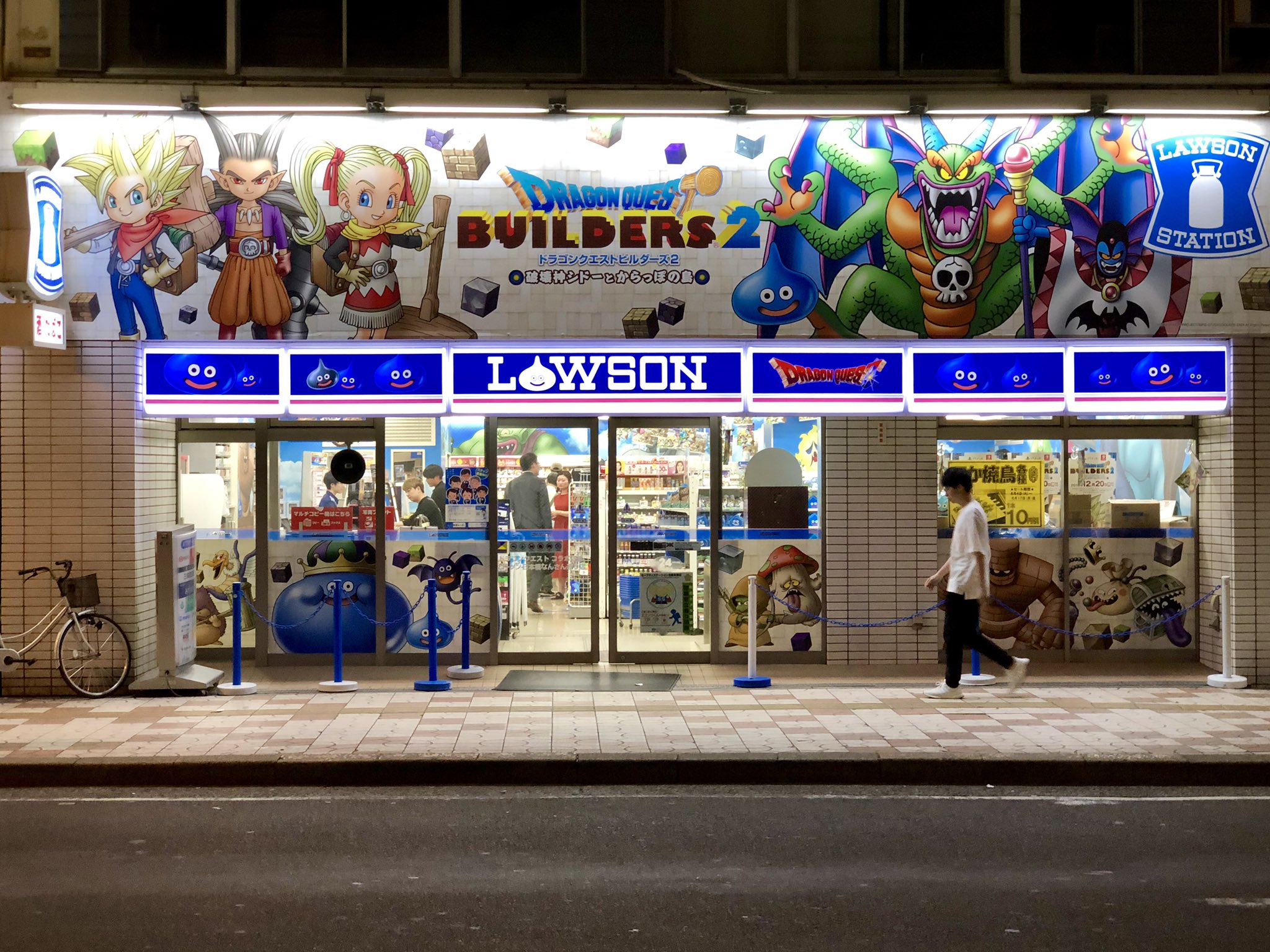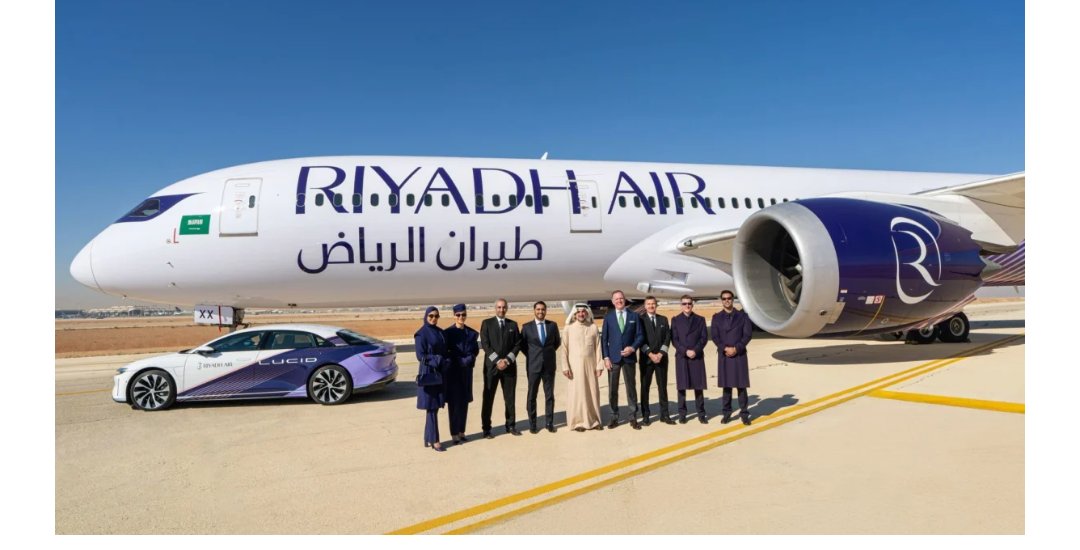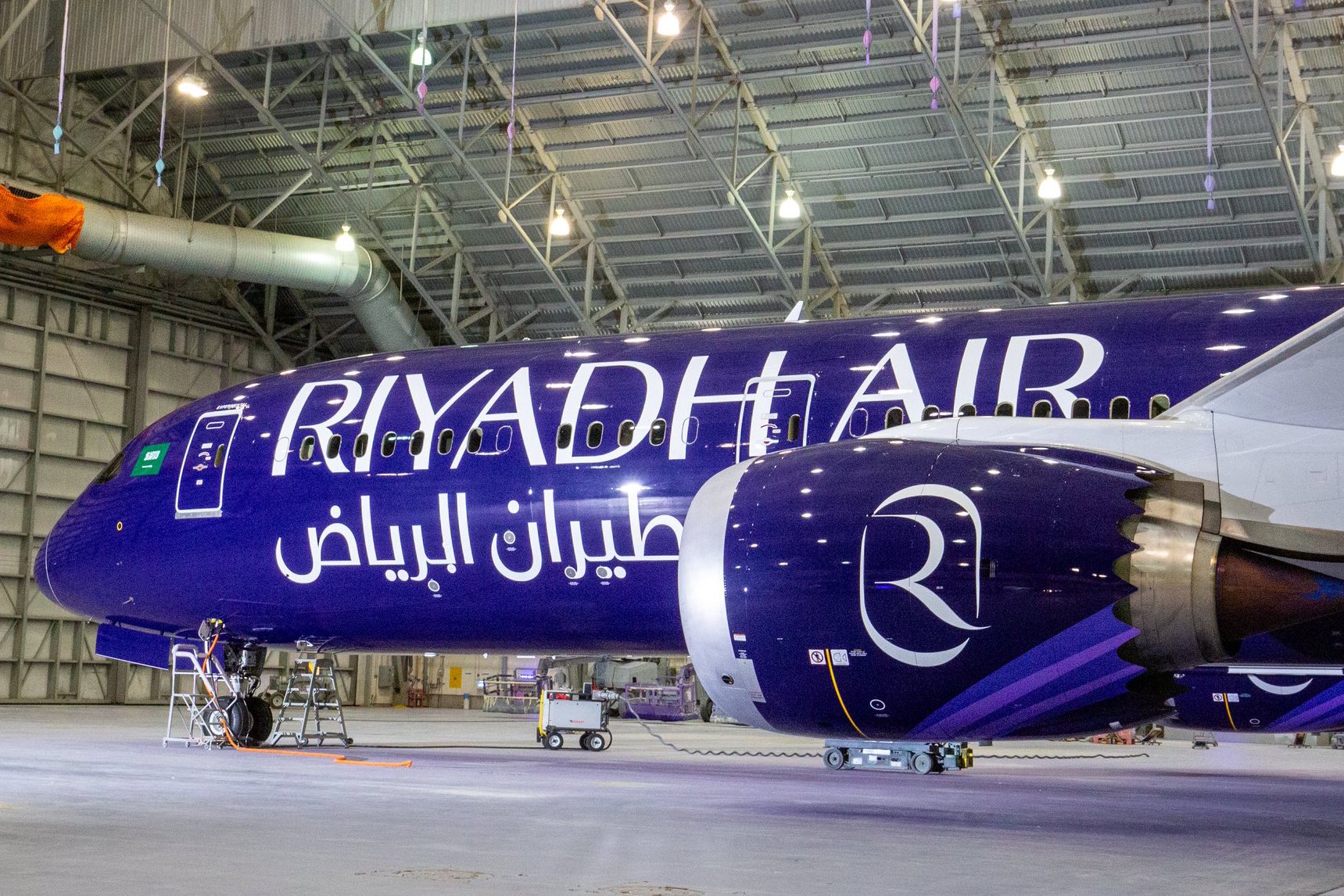.jpg)
If you're planning a trip to Japan, it's crucial to be well-prepared. From essential arrival information and cultural etiquette to the best seasons for travel, this guide covers everything you need to know. Japan has emerged as a leading international destination, welcoming a staggering 3.9 million visitors in April 2025, according to the Japan National Tourism Organization (JNTO).
%20-%20Copy.jpg)
Although the country is known for its hospitality, navigating its unique culture and systems can be challenging. Here are ten vital tips to enhance your travel experience.
1. Understand Visa and Tourist Tax Regulations
For U.S. passport holders, no visa is required for entry into Japan. Ensure your passport is valid for the entire duration of your stay and has at least one blank page for stamps. A tourist tax of 1,000 yen (around $7 USD) is automatically included in your airfare upon departure.

In the near future, discussions are underway regarding the implementation of a tourist tax for foreign visitors, potentially starting in 2026. Meanwhile, certain cities like Kyoto already impose accommodation taxes. Visitors currently benefit from an exemption on Japan’s 10% consumption tax. However, starting November 1, 2026, tourists will need to request refunds for tax-free shopping.
Pro Tip: To expedite your arrival, complete your immigration and customs declaration via Visit Japan Web before your flight. This will provide you with a QR code to show upon landing, saving you valuable time.
2. Choose the Right Time to Visit
Japan offers diverse experiences year-round, with each season showcasing its unique charm. Spring, particularly during cherry blossom season from mid-March to early April, draws the largest crowds. Conversely, winter offers fewer tourists and opportunities for skiing or soaking in a local onsen (hot spring). Summer can be hot and busy, but it’s an excellent time to explore Okinawa and its beautiful beaches. Autumn is known for comfortable weather and stunning foliage.

Pro Tip: If you want to avoid peak prices and large crowds, steer clear of Golden Week, which typically runs from late April to early May and sees a surge in domestic travel.
3. Select the Right Accommodations
Japan boasts an array of accommodation options, catering to all budgets. From luxurious hotels and traditional ryokans to budget-friendly capsule hotels, you’ll find something that suits your preferences. In Tokyo, popular areas for first-time visitors include Shibuya, Shinjuku, and Ginza.

Pro Tip: Many hotels provide yukata (traditional Japanese robes) for guests to wear during their stay, enhancing your cultural experience.
4. Familiarize Yourself with Tipping Etiquette
Tipping is not customary in Japan. However, some dining establishments may include a table charge that is disclosed upfront. While tipping for exceptional service is not expected, it can be appreciated in specific contexts, such as private tours or experiences with geishas.

Pro Tip: If you do choose to leave a tip, present it politely with a slight bow to show respect.
5. Carry Cash—Credit Cards Aren't Always Accepted
While credit and debit cards are widely accepted, it's advisable to carry cash (JPY) for places that may not accept cards, particularly American Express. You can exchange U.S. dollars for yen at banks and hotels throughout the country. ATMs in convenience stores are reliable and safe for withdrawals.

Pro Tip: Keep a small coin purse handy to manage your change more easily.
6. Make Restaurant Reservations
With more Michelin-starred restaurants than any other country, Japan offers incredible dining options. While you can enjoy good meals without breaking the bank, it's wise to make reservations at highly-rated restaurants well in advance. For spontaneous dining, Tabelog is a useful restaurant reservation app.

Pro Tip: Stations and shopping malls are excellent spots to discover a variety of dining options and local snacks.
7. Learn Basic Etiquette
Understanding Japanese customs is vital for a smooth experience. This includes practices like removing your shoes before entering homes or certain establishments, bowing as a sign of respect, and maintaining a low volume in public spaces. Familiarize yourself with bathing rituals at onsens to fully enjoy the experience.

Pro Tip: Don’t be alarmed—slurping your noodles loudly is considered a compliment to the chef and is part of the dining culture.
8. Use Public Transportation
Japan’s public transport system is efficient, safe, and cost-effective. Consider purchasing an IC Card for seamless travel on trains and buses. The most popular options, Suica and Pasmo, can be easily topped up on your smartphone or at stations. A Japan Rail Pass (JR Pass) is a great investment for extensive travel, covering many train lines.

Pro Tip: Remember that each passenger, including children, must have their own IC Card for travel.
9. Visit a Konbini
Convenience stores, or konbini, are integral to daily life in Japan and are open 24/7. You can find a wide range of products, from snacks and meals to tickets for attractions. Many konbini ATMs accept foreign cards, making them a reliable option for cash withdrawals.

Pro Tip: Use konbini ATMs for hassle-free cash withdrawals during your trip.
10. Download Essential Travel Apps
Several apps can significantly enhance your travel experience in Japan. Google Maps is invaluable for navigation, while Google Translate helps bridge communication gaps. A currency converter is useful for quick conversions from yen to dollars. For dining, Tabelog is excellent for making reservations, and the Suica Card app simplifies transportation management.

Pro Tip: While WiFi hotspots are common in major cities, consider renting a pocket WiFi or purchasing a local SIM card for better connectivity in remote areas.
Additional Tips
Learn a Few Basic Japanese Phrases
While many Japanese people understand English, especially in urban areas, knowing a few basic phrases can go a long way. Simple greetings like "konnichiwa" (hello) and "arigato" (thank you) can enhance your interactions and show respect for the local culture.
Respect Local Customs and Traditions
Japan has a rich cultural heritage, and being aware of local customs can enhance your experience. For example, it’s common to bow when greeting someone, and being punctual is highly valued. Take time to learn about traditional practices, especially if visiting temples or participating in local festivals.
Stay Hydrated and Try Local Beverages
Japan has a range of local beverages to try, from matcha (green tea) to unique sodas and sake. Stay hydrated, especially during warmer months, and make sure to sample local drinks to fully immerse yourself in the culture.
Embrace the Unique Japanese Toilets
Japanese toilets often feature advanced technology, including heated seats and bidet functions. While they may seem intimidating at first, they provide a comfortable experience. Don’t hesitate to explore these modern conveniences!
Be Mindful of Public Behavior
In Japan, public decorum is important. Speaking loudly on public transportation or in restaurants is frowned upon. Maintain a respectful demeanor, and remember that personal space is valued.
By keeping these additional tips in mind, you’ll be even better prepared for an unforgettable journey in Japan!


.jpg)

.jpg)

.jpg)





.jpg)
.jpg)
.jpg)
.jpg)


.jpg)
.jpg)
.jpg)
.jpg)


.jpg)





.jpg)
.jpg)

.png)

.jpg)
.jpg)

.jpg)
.jpg)



.jpg)

.jpg)

.jpg)


.jpg)




